Children with autism in Congo-Brazzaville are frequently called "wizards," "bewitched," or "lost." The Poto-Poto neighborhood's Case Dominique school attempts to foster these kids' sociability and increase knowledge of this neurodevelopmental disease. 350 youngsters with autism and those with Down syndrome attend the Catholic nuns-run school.
One mother, Coco, sends her daughter Edith, who is 12 years old, to school. Up to the age of three, Edith had trouble expressing herself and still exhibits "childish behavior." When Coco noticed anything was awry, she made the decision to take Case Dominique. She is encouraged by Edith's ability to write the date now that she has made such excellent progress in this area.
Students at Case Dominique attend morning classes while donning khaki shirts and navy blue pants. They engage in socializing activities, which is crucial because society frequently rejects them. Children of all ages are taught word articulation, reading, and vocabulary by the school's teachers.
The Dominica Hut Center, which began operations in 1999, first served children affected by violent strife but eventually turned its attention to autistic kids. The school has had some success, and Dieu Merci Nakavoua, its director, is proud of an autistic youngster who initially had difficulty but is now living and working as a painter in France.
Children with autism are still ostracized in Congolese society, where many people mistakenly think they are witches or cursed. The coordinator of the school, Sister Ida Pélagie Louvouandou, regrets the fact that many marriages end because of an autistic kid. Case Dominique has started a campaign to raise awareness about these stereotypes, but progress is gradual. Children with autism are still not allowed on public transportation buses, and mentalities have not changed all that much.
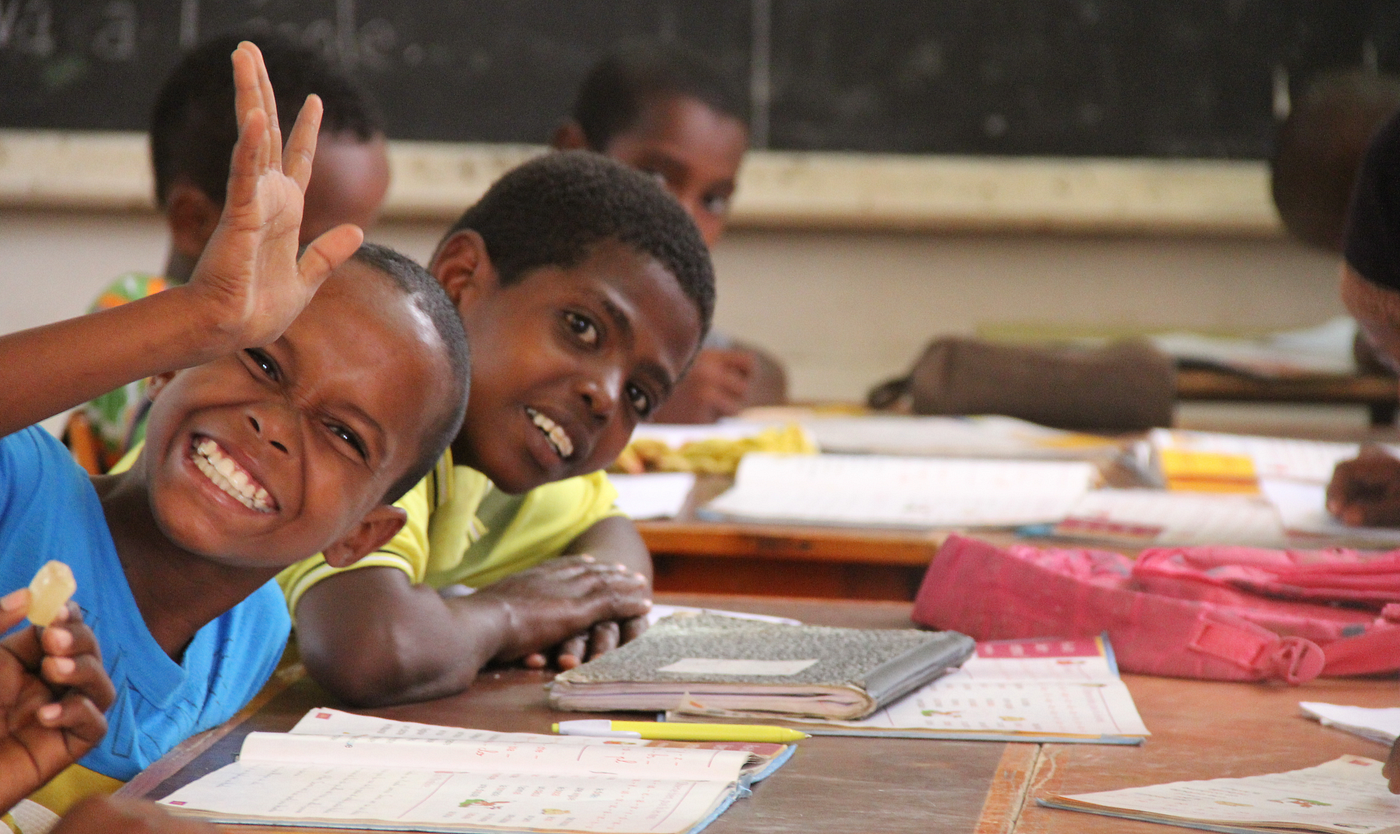
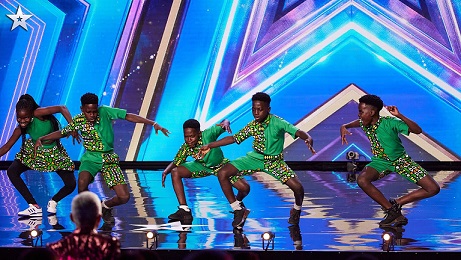
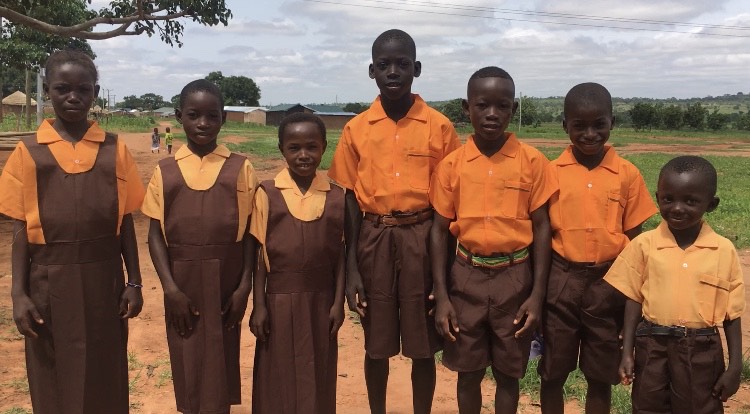
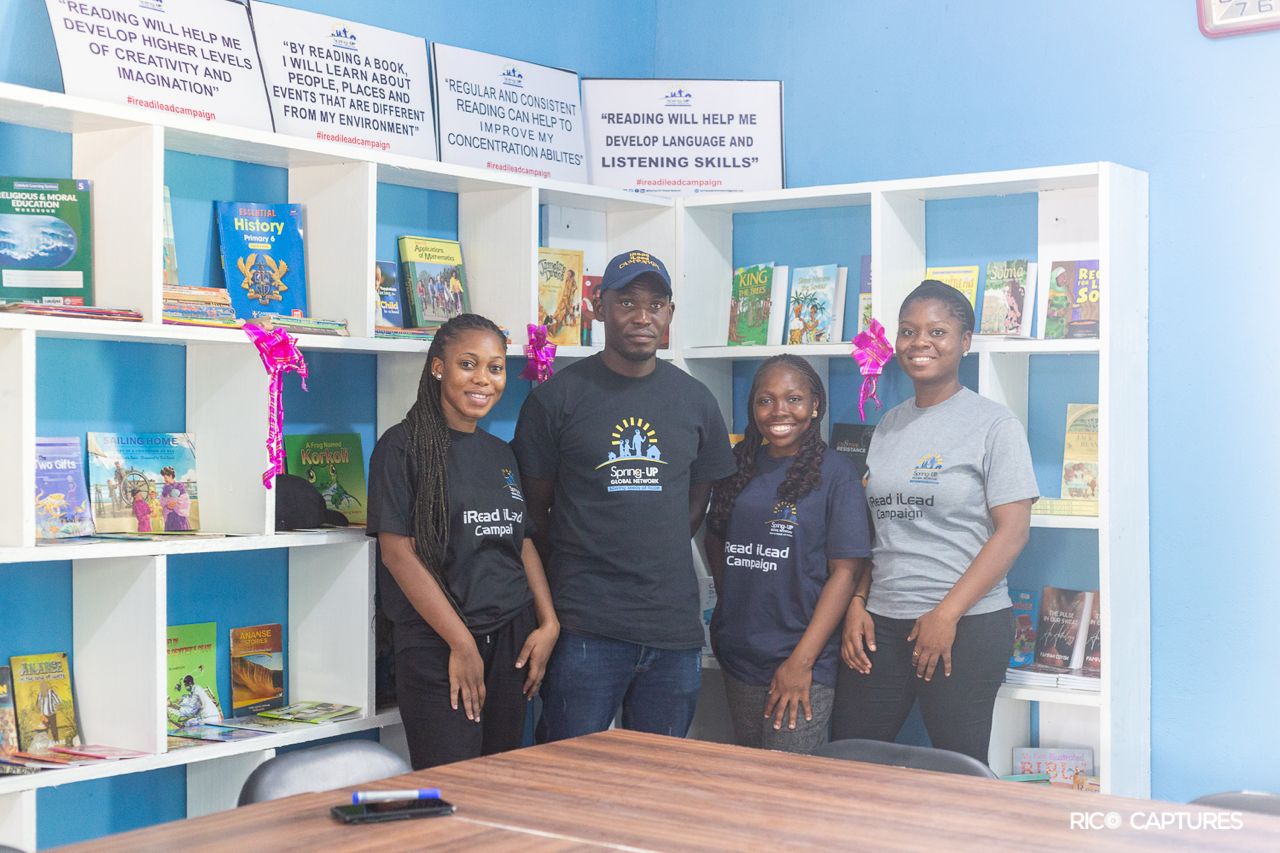
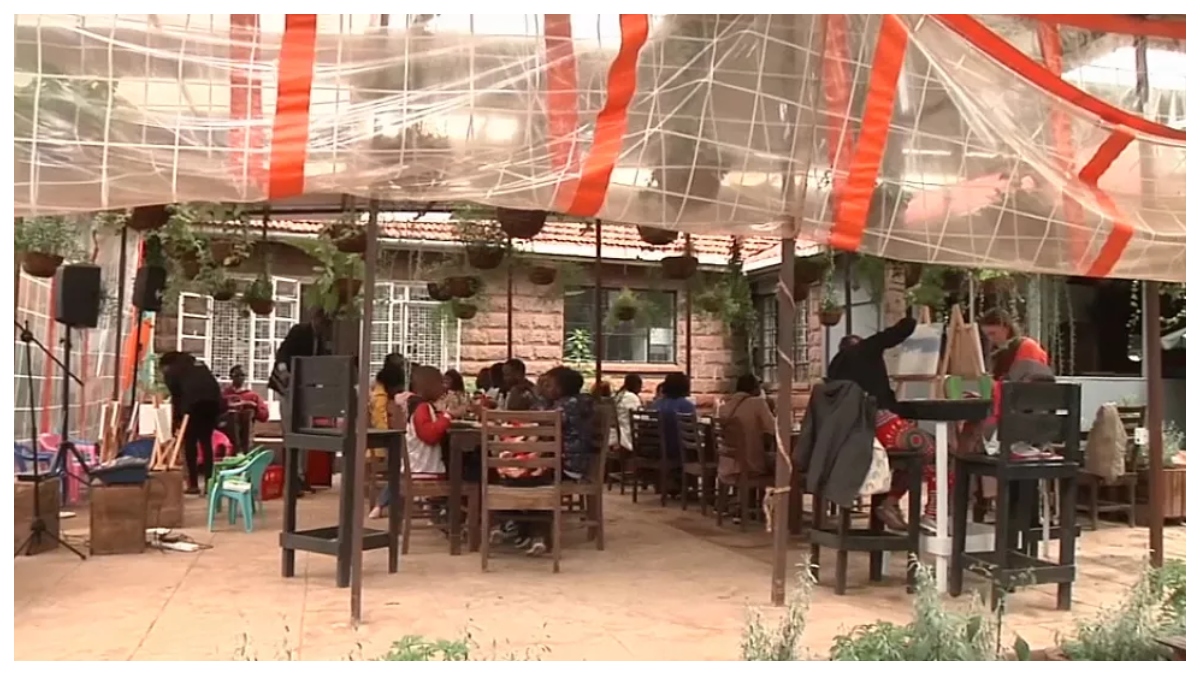
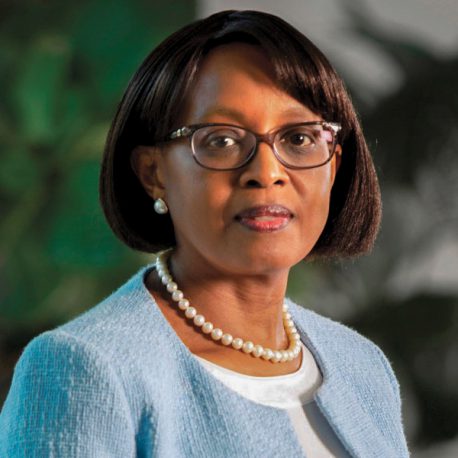
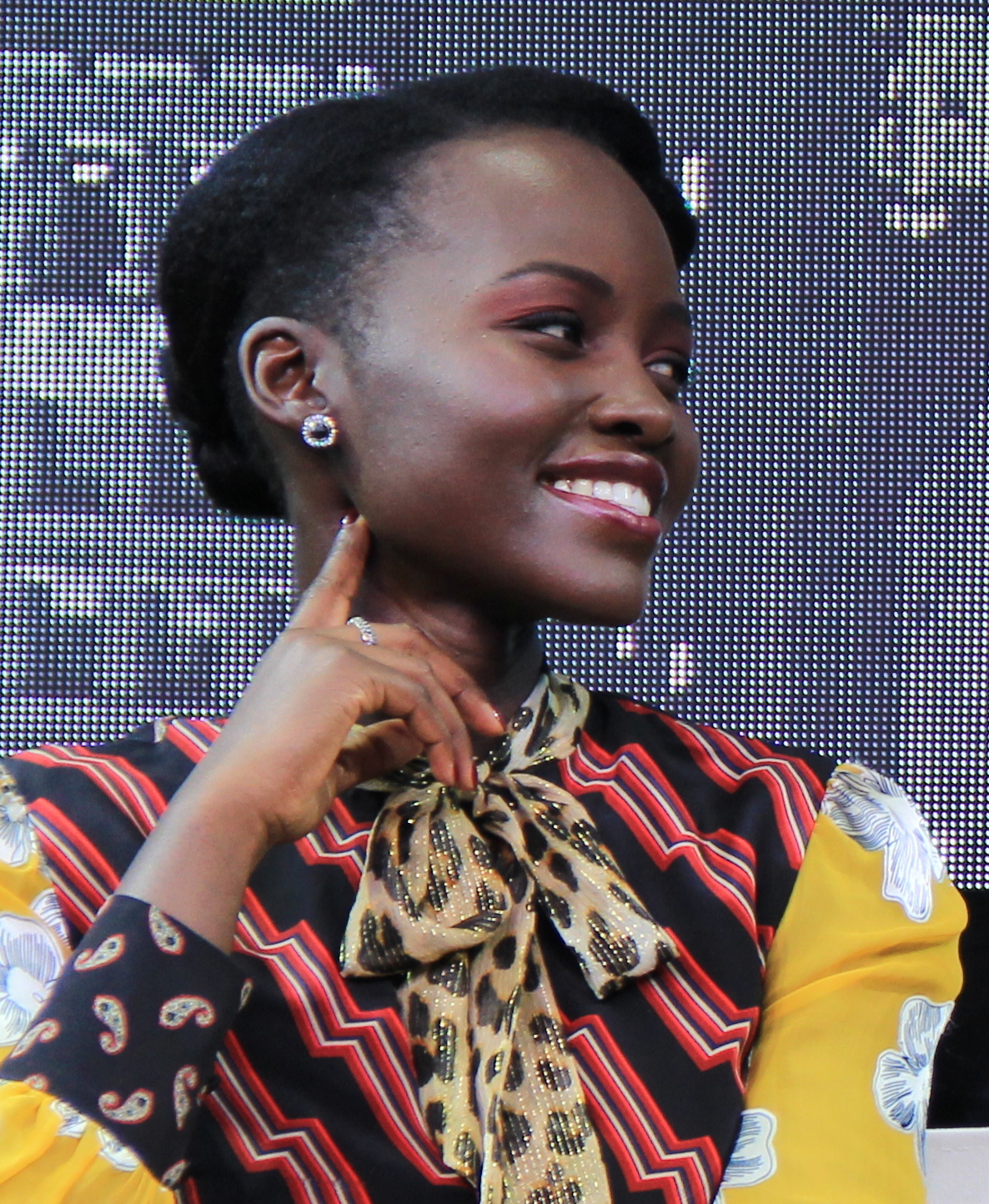


.jpg)